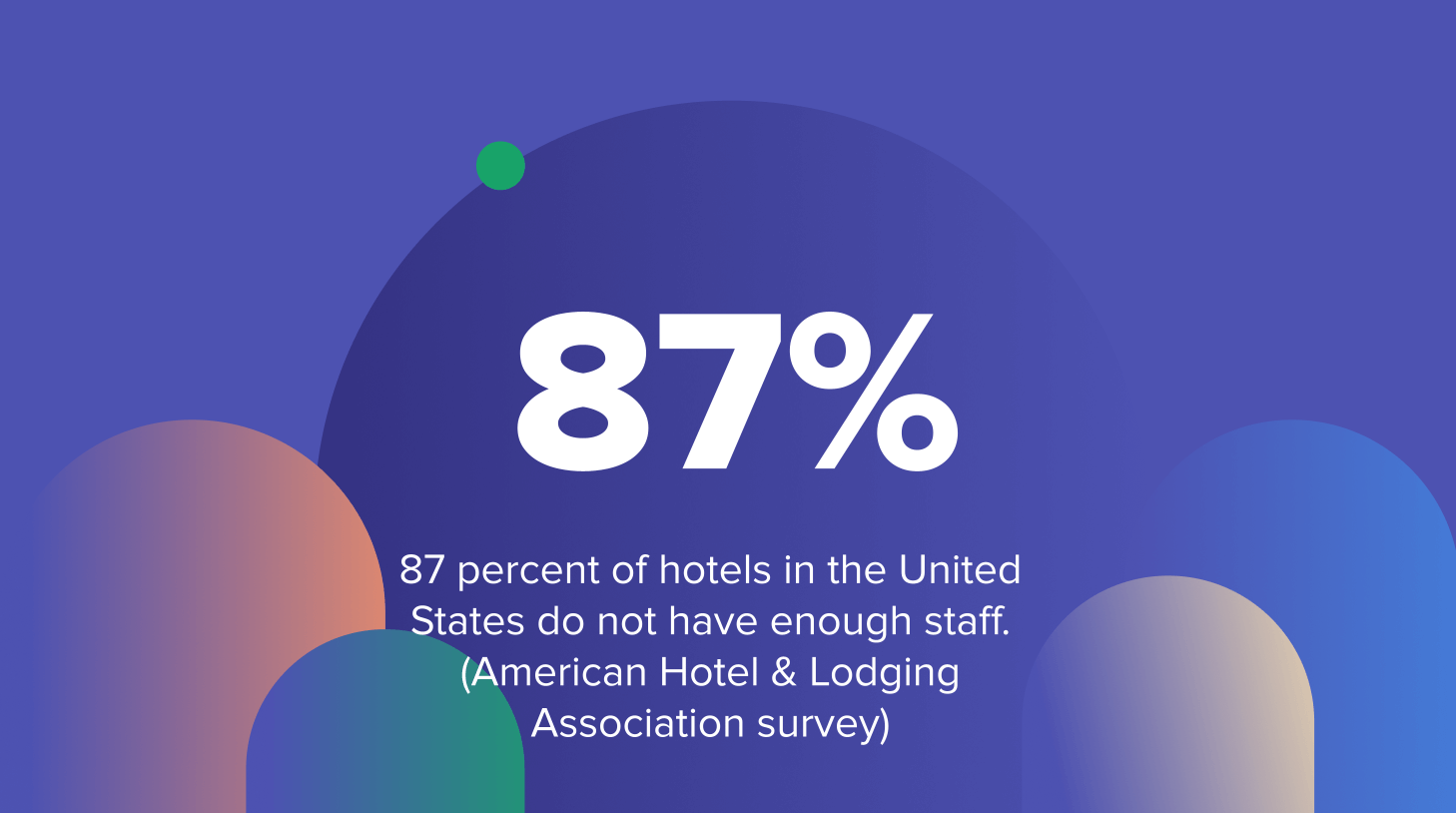How to help employees return to office: it’s more than mandates
The Evil HR Lady goes into why your company's successful transition back to offices hinges on more than just coaxing white-collar workers through the doors. Learn how robust support staff can determine whether your employees will embrace or resent an office return.

Salesforce tried to get people to come into the office by offering a donation to charity if they showed up. Farmer Group CEO Raul Vargas wanted people to return to the office – even though some had been hired as exclusively remote – and employees rebelled.
And Martha Stewart says America will “go down the drain” if companies don’t return to cubicle farms.
Then there’s the problem of empty office space because employees aren’t returning. This is a massive problem for the building owners and the restaurants and shops that sold to the people who worked in those offices.
Some restaurant owners are even moving their restaurants out of business districts and into the suburbs where their former patrons work.
In other words, we are seeing a huge cultural shift. But there is another issue with bosses wanting employees to return to the office: They need support from blue-collar staff to make this successful.
Contents
It’s not just about office workers
When people come into the office to work, there needs to be support personnel to make that happen. Someone has to clean the bathrooms, empty the trash, work as security guards, and welcome visitors at the reception desk.
The hotel I stayed at on a business trip had minimal housekeeping services. After discovering the comforter had makeup smeared on it from the previous guest, it took hours to get someone from housekeeping to change it.
(Unfortunately, I found the makeup in the morning. Shudder.)
While the hotel advertised daily housekeeping, that was the only time cleaners set foot in my room during my four-day stay.
McKinsey notes that hotel staffing is a tremendous problem at the moment. They give many ideas for fixing this, such as making the housekeeping staff clean only the rooms of people checking out and giving front desk employees cleaning responsibilities. These are probably not ideal solutions, but it speaks to the difficulty of hiring cleaning people.

Offices need cleaning people as well. While cleaning office desks might be less disgusting than changing bedsheets, it’s still a low-paid labor-intensive job. With companies struggling to fill entry-level positions, people have options for employment.
Some high-level employees shared with me how their company wanted everyone in the office at least thrice per week after three years of working remotely. The bathrooms wouldn’t stay clean, and they couldn’t keep trash cans at their desks. All trash had to be in a central location to make it easy for someone to take it out.
While that might be part of running lean, paying someone earning a six-figure salary to walk across the office to throw away a piece of scrap paper is ridiculous.
And it’s not just cleaning: there is also a shortage of security guards. If you have employees in your office building, you need a security plan at a minimum and onsite security in many areas. With around two million violent acts committed in the workplace each year, it’s not practical to tell your employees to assume everything will be fine.
Even the commute is affected. For instance, Boston’s transit authority, the MBTA, is experiencing a staffing shortage that will ultimately lead to delays and cancellations – making it more difficult for workers to travel to and from their workplaces.
Your employees are not going to want to come back to the office if they don’t feel safe in their offices that they have to clean themselves.
Thinking about more than your employees
Most companies have outsourced tasks such as cleaning and security, and you may think your problem is to get your accountants and marketers back to the office. The other issues will magically take care of themselves. After all, it mostly did pre-pandemic.
But to successfully return to the office, you must ensure the buildings are clean and safe, or your employees will be even more unhappy at returning.
What you need to return
Your employees need a reason to come back, and it can’t be for your convenience or that you don’t trust them. They need to know they will accomplish more and have an excellent experience to get them excited about returning.
It’s perfectly OK to say this is the culture you want and to hire people who want to be in the office. But if you do this, you still need to ensure you have the support staff to keep the offices running.
And, of course, many jobs must be done in person to support remote workers. You still need someone to maintain company servers, and while they could stay at someone’s house, this is not a good idea in the long run. Your employees are ordering lunch from restaurants delivered by people working for DoorDash. People are out there working onsite.
It’s just white-collar workers who are not always working on location. Those people still need the cleaning, security, reliable commutes, and places to get lunch that everyone else needs. If you can’t guarantee you can meet those needs, it’s not a good time to insist that people work in the office.
Frequently asked questions
- What potential issues could hinder a smooth return to the office?
- Employee reluctance against leaving remote work is only one issue; understaffed support services such as cleaning and security could significantly hamper efficient operations in corporate settings.
- Why do I need a solid plan for maintaining cleanliness and safety at my office?
- The lack of adequate maintenance personnel may lead to unsanitary or insecure conditions which may further discourage employees from returning to the brick-and-mortar workspace.
- How does this affect employee performance?
- Unkempt surroundings and unease about safety can negatively impact productivity, job satisfaction, causing possible strains in employer-employee relationships, especially when transitioning back from months of remote service.
- Isn't it sufficient if I convince my team members to return?
- Convincing employees is only half battle won; without necessary infrastructure like sanitation facilities supported by essential blue-collar staff - you risk making your workspace rather uncomfortable for them.
- Can inadequate support functions undermine employee willingness towards office returns completely?
- Yes! An unclean or unsafe environment might make even willing workers resist coming into work causing unplanned delays & dissatisfaction levels spiking all over again.




